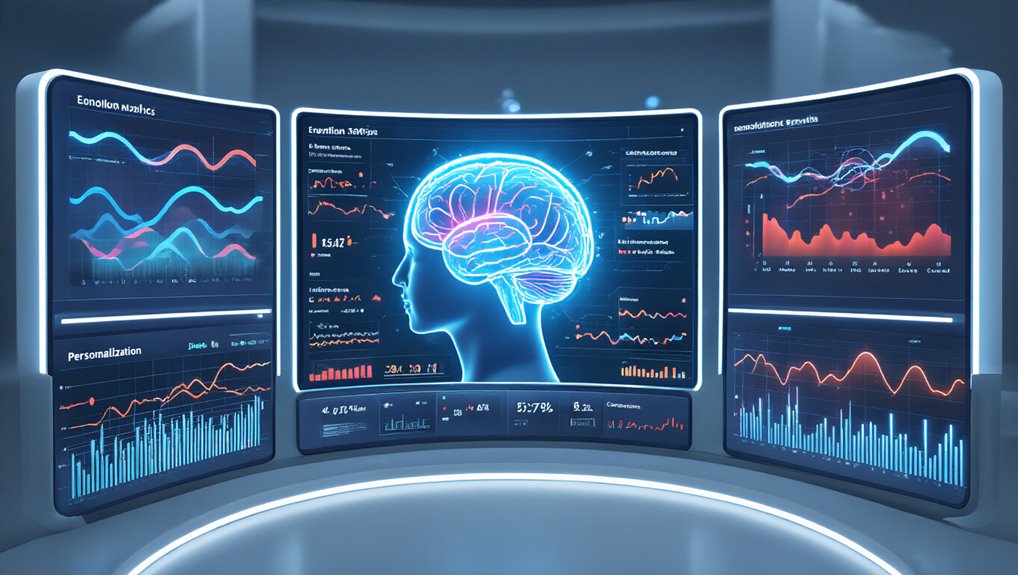How is artificial intelligence transforming the way businesses understand and respond to human emotions? The global emotion AI market is expanding rapidly, projected to grow from USD 2.74 billion in 2024 to USD 9.01 billion by 2030 at a CAGR of 21.9%. This technology analyzes facial expressions, voice tones, and text sentiment to interpret emotional states, enabling unprecedented levels of personalization across industries.
Companies implementing emotion AI for personalization have witnessed significant performance improvements. Businesses using AI-driven personalization achieved 1.7× higher conversion rates in marketing campaigns by ensuring offers align with individual customer needs. Additionally, these personalized experiences reduced customer churn by 28%, as customers felt more understood and developed stronger brand attachments.
North America leads the emotion AI industry with over 39.2% revenue share in 2024, supported by an advanced technological ecosystem and innovation focus. The integration of generative AI has significantly enhanced emotion-based applications by supporting sentiment-based text generation and emotive multimedia experiences. The technology’s growth is further driven by increasing interest in emotion-based marketing, greater emphasis on mental health, and expanding regulatory applications. Major technology companies like Affectiva and IBM are spearheading innovation in this space with sophisticated emotional recognition systems.
The business implications of emotion AI extend across multiple sectors:
- In marketing, AI analyzes voice and facial data to create emotionally resonant campaigns that improve customer experience and engagement.
- Customer service benefits from text generation based on sentiment, producing responses that match user emotions.
- Healthcare providers identify effective therapeutic approaches through emotional state analysis.
- Educational settings implement emotionally adaptive learning experiences that conform to learners’ moods, improving retention and satisfaction.
Real-time personalization represents one of the most valuable applications. Retail businesses monitor and analyze customer interactions to adapt offerings instantly. Similar to how data transformation engines in iPaaS solutions convert information between formats, emotion AI transforms raw behavioral data into actionable emotional insights. This capability creates more engaging and effective customer experiences across websites, social media, and in-store interactions.
The mental health and well-being monitoring segment has emerged as one of the fastest-growing areas in the emotion AI market. Workplaces increasingly adopt these technologies to monitor stress, burnout, and emotional health, addressing employee wellness proactively rather than reactively.
As the technology matures, businesses that effectively leverage emotion AI for personalization will gain significant competitive advantages.









